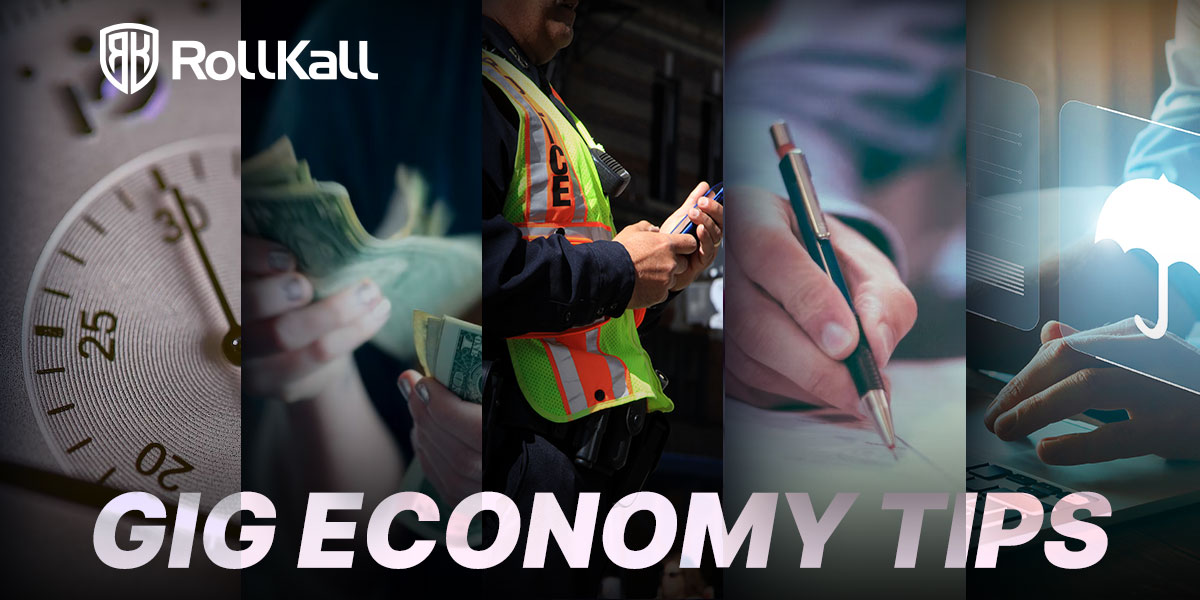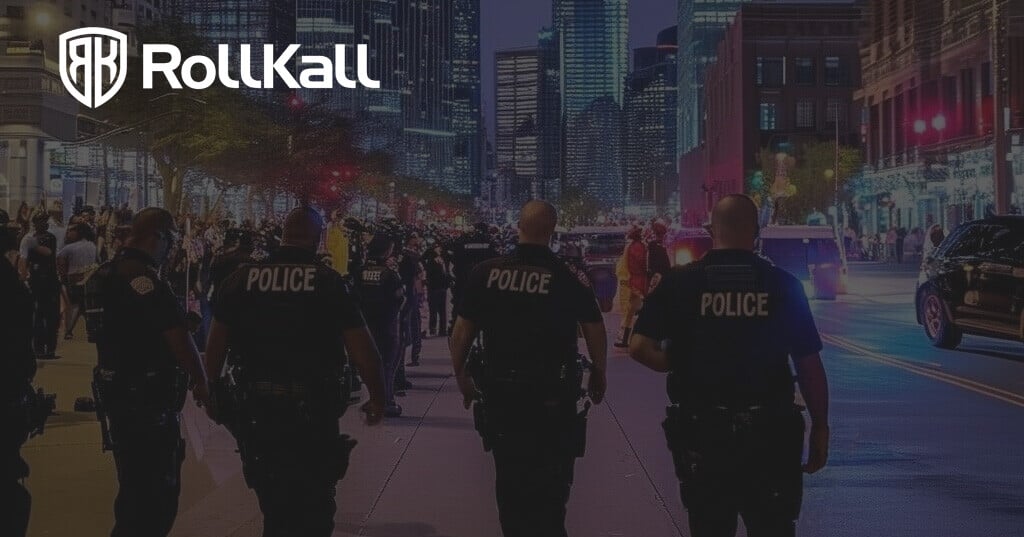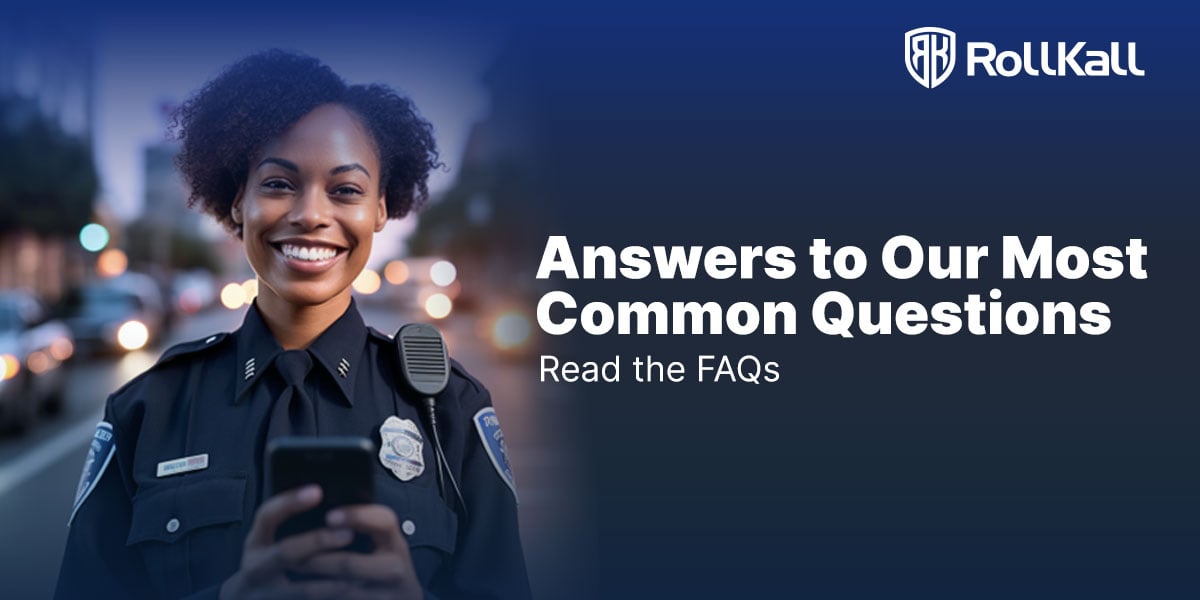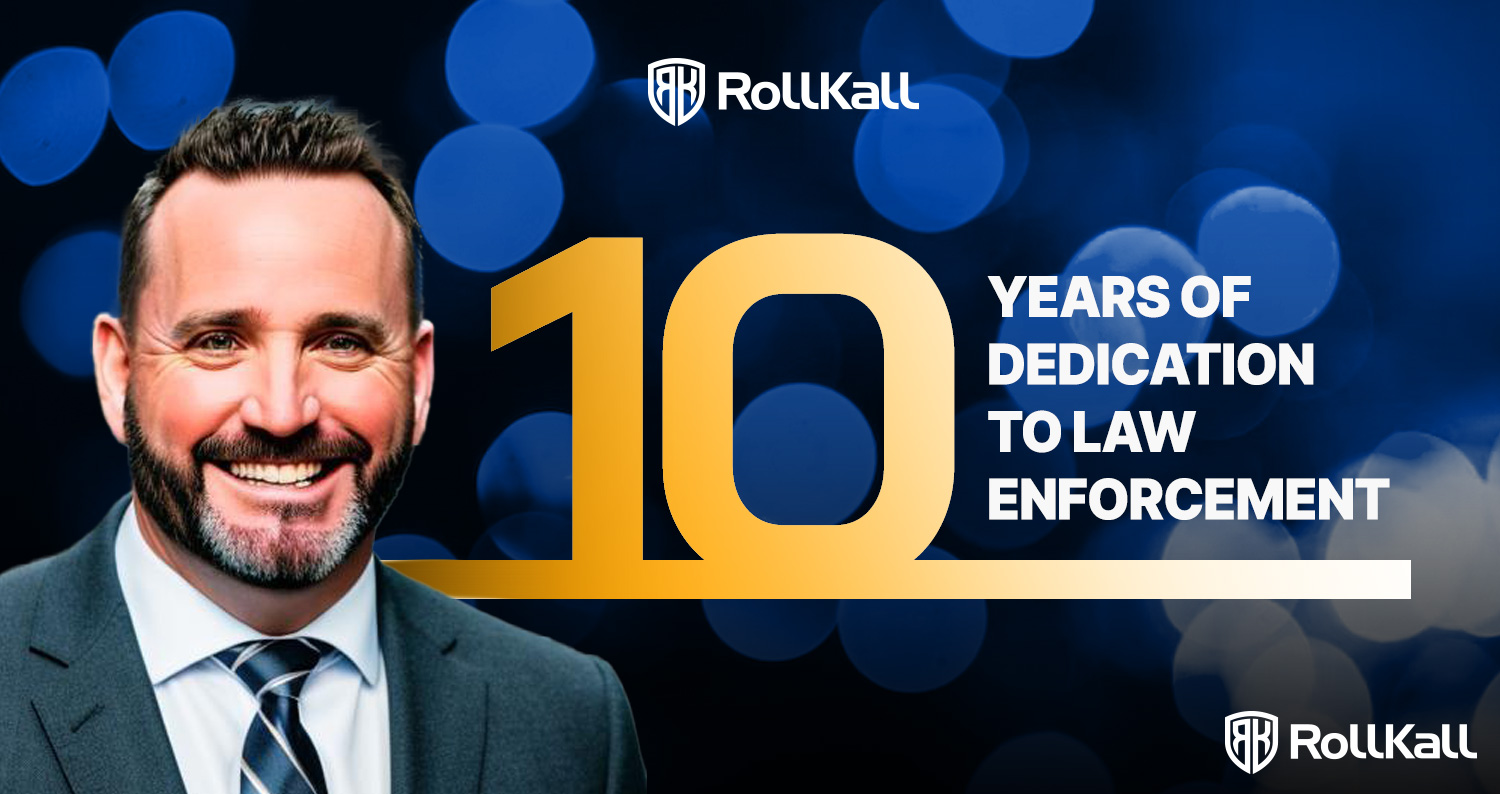Download the free guide
Aenean eu leo quam. Pellentesque ornare sem lacinia quam venenatis.

While off-duty jobs for police officers aren’t the same as working the gig economy, it can be pretty similar in a lot of ways, albeit off-duty security is much more specialized. Despite the long history and tradition of off-duty work, there is a thing or two police can take away from today’s gig workers.
Be realistic about working hours
You could just keep working… but that doesn’t mean you should. Gig workers have a tendency to just keep going - as do officers. Definitely mind those agency policies; they are there for a reason. That reason is fatigue. Just like an Uber or Lyft driver shouldn’t drive after too many hours, an officer cannot adequately perform their on-duty work if they are too tired from working too much overtime.
Plan for inconsistency in income
Both off-duty and gig work can be flexible yet fleeting; the work can disappear at a moment’s notice. Be mindful of your budget and treat the extra work as fun money or extra savings. Stay in control of off-duty and take advantage of the flexibility - which often means being able to not work when you need a break or if the opportunities dry up.
Prioritize your time - all of it
Policing is no stranger to the “rise and grind” hustle culture. One could say you invented it - and the gig economy has certainly embraced it. Be sure to include personal and family time as you prioritize your work schedule on and off duty. Remember special dates, birthdays, or events that are important to your family. During the holidays - we know it’s busy. Do the best you can.
Understand Taxes and Prepare
Unless your off-duty pay is coming through payroll on your paychecks, just like a gig worker you are working in a 1099 capacity and will have to pay taxes on that income come tax season. Be sure to set some of your earnings aside to make sure any owed income tax is covered.
Don’t Forget About Retirement
Both gig workers and law enforcement work outside of the typical corporate 401k retirement options built in. Law enforcement does get a pension though. However, come retirement, your pension will likely be less than your salary - but you also won’t be able to participate in off-duty work. Keep that in consideration when planning for retirement. Most importantly, unless you want to become a gig worker once you leave policing, plan for retirement!
Create a Rainy Day Fund
Both the gig economy and extra duty work can be inconsistent at times (see above). Building up a rainy day or emergency fund can help out during actual emergencies, but it can also serve as a buffer during slower periods of off-duty work, or if a regular off-duty job suddenly goes away.
Think About Insurance
Sure, your agency gives you health insurance and the like. But do they cover injury or property damage for an off-duty incident? Just like a gig worker, it’s best to ask what is or isn’t covered while working, and then explore your options. (RollKall offers all officers the option for Occupational Accident Insurance when accepting a job.)
Off-duty work certainly has its upside, like extra money and flexibility, and also shares a lot in common with the gig economy. A lot of the tips and tricks gig workers use to get and stay ahead also apply to off-duty work, and can help alleviate some of the stress of working extra.
Get the latest content delivered straight to your inbox!
Related Posts


Want more information about RollKall? Let us know a bit about you, and we’ll get back to you as soon as possible with more information and next steps!










